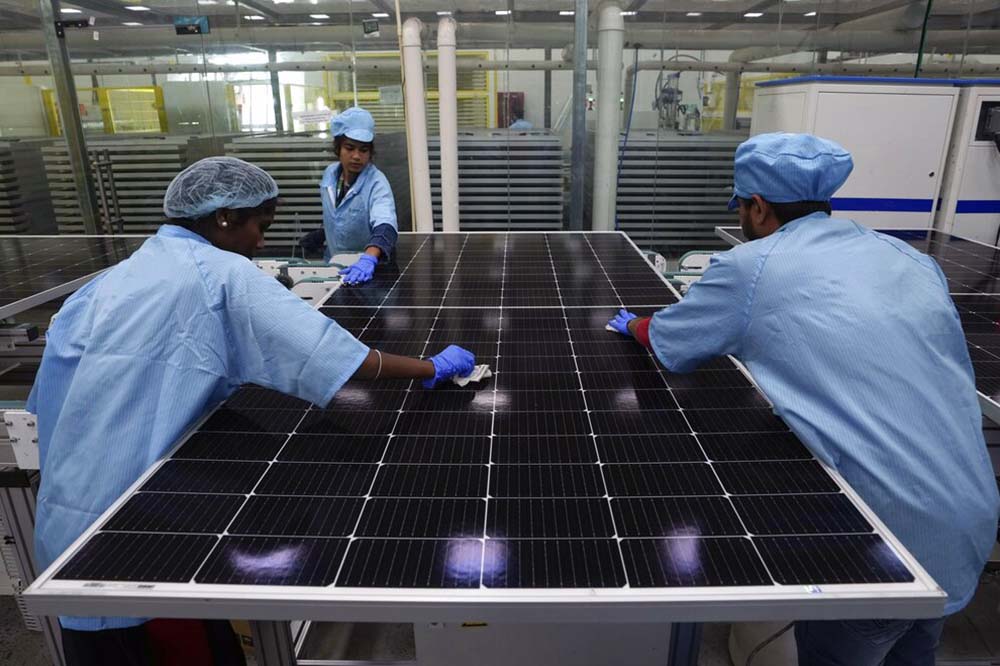
BENGALURU, INDIA: Over 500 energy industry heavyweights and 30,000 participants will descend on the southern Indian city of Bengaluru on Monday to discuss the future of renewables and fossil fuels at India Energy Week — the first big ticket event of the country's presidency of the Group of 20 leading economies.
Speakers, including India's Prime Minister Narendra Modi, Saudi Arabia's energy minister Prince Abdulaziz bin Salman and the International Energy Agency's executive director Fatih Birol, will discuss the need to ramp up the transition to clean energy. But the overwhelming presence of oil and gas industry stakeholders has raised questions from climate analysts.
"This event will showcase India as a global powerhouse for energy transition," said Hardeep Singh Puri, India's minister for petroleum and natural gas. Puri's ministry is organising the event.
But Puri added that "India's clean energy targets need to be weighed against the country's growing economy and rising energy requirements." The country is set to become the world's most populous nation this year.
India is currently the third highest emitter of planet-warming gases but has pledged to reach net zero emissions by 2070 and dramatically ramp up its renewable energy capacity.
Ahead of the event, IEA's Birol praised India's climate efforts, saying the country "can help drive the global agenda on clean energy transitions and energy security, with its focus on addressing technology gaps, ensuring diversified supply chains, scaling up clean fuels for the future, and mobilising investment."
Most of the Indian participants at the event belong to either government-owned or private fossil fuel companies, sparking concerns from climate experts.
"Gas expansion, which at least in India's context does not make too much sense, needs looking into," said Aarti Khosla of New Delhi-based climate think-tank, Climate Trends. "While India energy week talks about the role of gas as a bridge fuel for energy security, it is proven that there are risks ... banks are not lending too much to gas and global sentiment of investors is shifting slowly away from gas as well."
But others say it's important to keep the conversation with fossil fuels interests going as they remain key players in energy.
"A country like India presently needs fossil fuels to keep the lights on," said Bharath Jairaj, who leads the World Resources Institute India's energy program. "We can't just assume some sectors should not or cannot be discussed, not until we find reliable, affordable and secure alternatives."
Stakeholders from clean energy companies will also be in attendance. Sumant Sinha, the CEO of Renew Power, one of India's largest renewable energy companies, sees energy week as a forum to understand various stakeholders' viewpoints.
"A lot of global energy companies that we can potentially partner with will be there," said Sinha. "And look, the reality is that even the oil and gas companies are shifting to renewables. Therefore it's important for us to engage. It's always good to see what the rest of the energy ecosystem is thinking about."
India Energy Week will run from February 6 to 10 and will coincide with the first meeting of the G-20 energy transition working group. The Asian ministerial energy roundtable, where energy ministers from key Asian countries will meet, will also be held as part of the event in Bengaluru.
By RSS/AP
READ ALSO:
Published Date: February 5, 2023, 12:00 am
Post Comment
E-Magazine
RELATED International



.jpg)

.jpg)